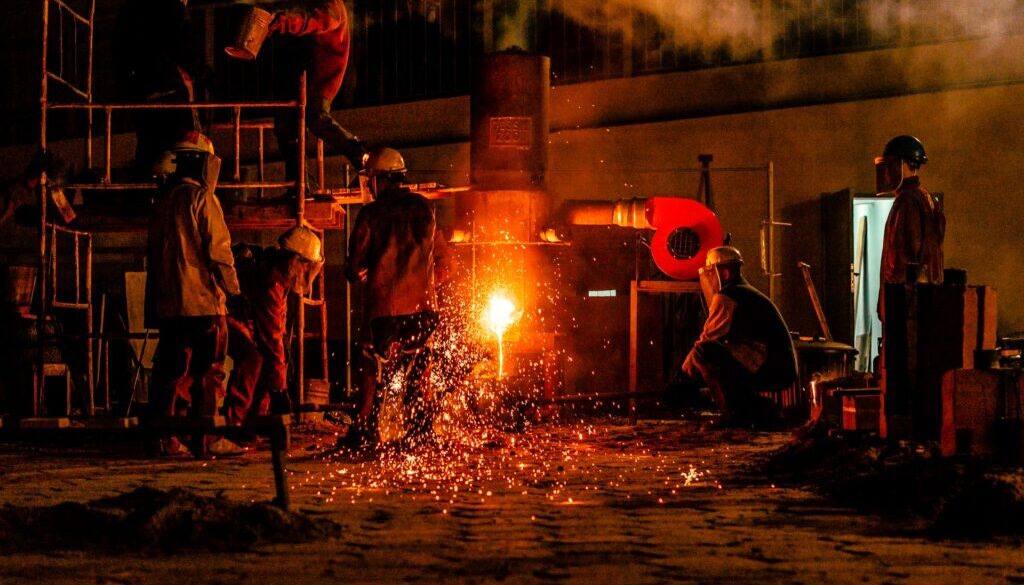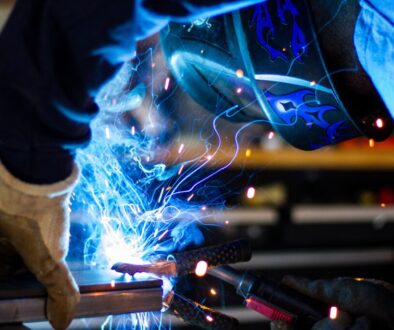Industrial heaters are mechanical devices that heat an object by the simple process of convection, conduction or radiation. Industrial heaters offer a cost-effective way of increasing the internal temperature of manufacturing processes, which will significantly improve productivity and cut energy costs in the long run. But not all industrial heaters are created equal. Here are some things you should know before deciding which industrial heater is right for your business.

There are four types of industrial heaters that all share one primary characteristic: their heating elements are electric. This makes them ideal for applications requiring instantaneous heating, such as baking, sausage making, pottering, metal working, distillation, and others. Electric heated elements are also perfect for use with steam turbines, water vapor turbines, and other types of energy production plants. Many industrial electric heaters use liquid or gaseous fuel in combustion chambers. This is unlike steam or gasoline-powered units, which must be ignited by spark plugs.
The most popular, and therefore the most expensive, type of industrial heaters is radiant heaters. Because they have direct electrical requirements, they are typically mounted on ceilings or other structures to distribute the necessary heat. Radiant heaters can also be used to heat large rooms because of their ability to quickly attain a desired temperature. However, because they are mounted high and generate considerable amounts of heat, they require frequent maintenance and may actually increase the electrical requirements of a room.
Another common type of industrial heater is the flat plate or strip heat exchanger. These types of industrial heaters are made up of a single plate, or array, of electrically conductive material. Each plate is connected to an electrical panel and the panel is then connected to the entire system to provide the desired heating effect. Although some flat plate heat exchangers require direct electrical input, others can run with only air or water. Either way, they must be mounted high enough to avoid the possibility of overheating.
Finally, there are gas-fired and electric industrial heaters. Gas-fired heaters feature a direct electric input, as well as a gas valve between the burner unit. Electric industrial heaters are a more affordable option, but both require regular upkeep and must be thoroughly inspected. Both types of heaters have their pros and cons. Which one you choose will depend on your specific needs, budget, and the environment.
If you’re looking for a permanent solution to high utility bills, electric industrial heaters may be the way to go. While they may not supply as much power as gas-fired units, they can produce a more consistent and higher temperature over a longer period of time. For business owners who need a heater to provide consistent heating for their employees, electric models are an excellent choice. Because they don’t burn oxygen, they pose little environmental threat. They can also save on the costs of natural gas.
But if you’re looking for a less expensive, more customizable option, you may be better off with a gas-fired unit. Gas-fired industrial heaters offer some advantages over electric heaters, especially in areas that don’t have a lot of wind or access to natural gas. First, they can reduce your reliance on the US emissions leading to global warming. Second, they produce less carbon dioxide emissions, contributing to a healthier environment. Third, they can help you meet your energy efficiency goals by allowing you to use less electricity to heat your premises.
When it comes to safety and efficiency, both options should be highly considered. An industrial electric heater is safer than most gas-fired ones, and they are more efficient, contributing to better overall energy usage. Because they produce less carbon dioxide, they help the environment. Electric immersion heaters, on the other hand, are very safe and efficient when it comes to temperature control. However, if you’re in an area with extremely cold temperatures, you may want to consider getting a gas-fired unit for the warmth that it produces. Whether you choose an electric or gas-fired industrial electric heater for your workspace, they both have their benefits when it comes to comfort and safety.



